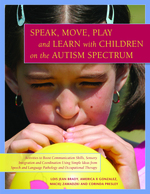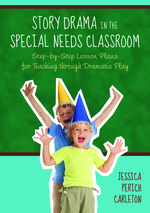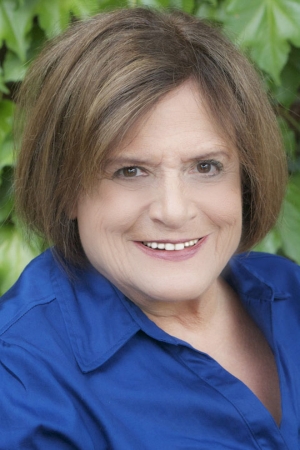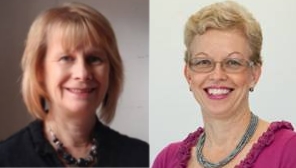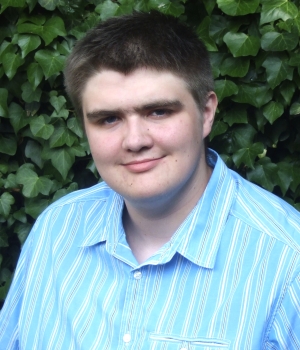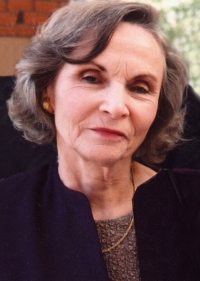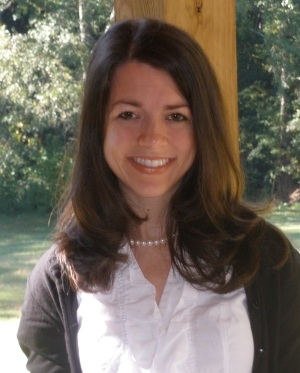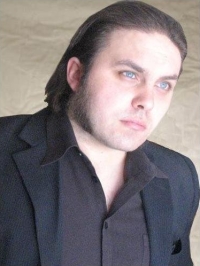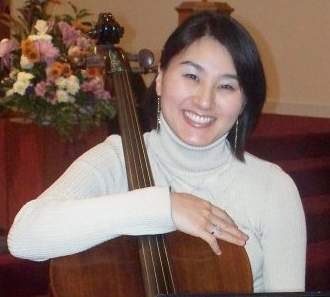Combining ideas from SLT and OT to Speak, Move, Play and Learn with Children on the Autism Spectrum – An Interview with America Gonzalez and Corinda Presley
“The idea was born out of a spirit of collaboration that came up when we noticed that our students were working on similar projects but with an OT or SLP spin. Another way we came together was when the speech team would make quesadillas with the students to work on sequencing, vocabulary and describing goals. And the OT would say, “Can I jump into your activity to practice cutting the quesadilla into triangles with my student?” And so we began to purposely create activities around both OT and SLP goals. We recently found out that the University of California – San Francisco has built therapy rooms for the explicit purpose of the collaboration between therapists. This is a wonderful step towards collaborative therapy.”
